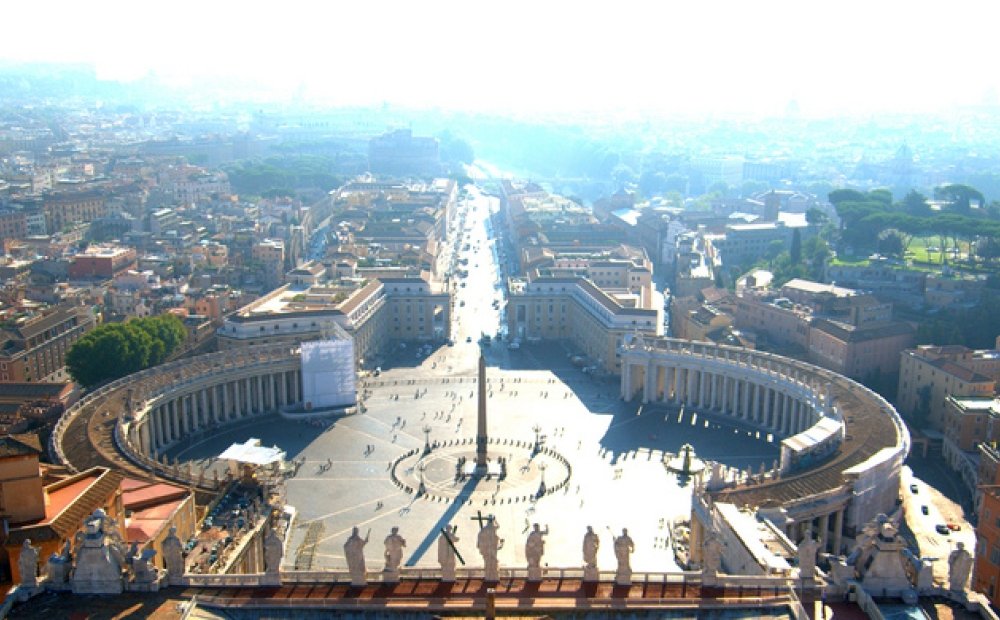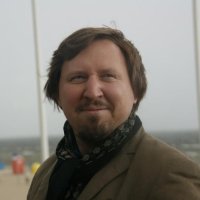The Vatican and Ostpolitik

On March 7, 1963, Pope John XIII met the daughter and son-in-law of the Soviet premier Nikita Khrushchev in a private audience. On the same day, at a UN conference on diplomatic and consular relations, Agostino Casaroli, the architect of the Vatican’s own Ostpolitik (policy towards the East), met with delegates from across the Soviet Bloc. Both instances can be considered the beginning of a new Ostpolitik pursued by the Catholic Church. The singular situation of East Germany within this constellation illuminates the characteristics of that policy: the Vatican’s recognition of the GDR as an equal partner and its communication of that to the German federal government reflected a pursuit of impartiality. The Vatican strove to be perceived as an independent partner in moral and ethical issues concerning both halves of the European continent, and this became particularly clear in its participation in the Conference on Security and Cooperation in Europe. The Vatican Ostpolitik was integrated into that conference’s fundamental design.
Dr. Roland Cerny-Werner, an expert in Vatican Ostpolitik, will present the book that he has written on this topic, with lessons for thinking about the role of religion in the geopolitical arena in today’s world as well. Dr. Cerny-Werner’s presentation will be followed by comments from two experts in the history of Catholicism and politics – Dr. Árpád von Klimó of the Catholic University of America and Dr. Piotr H. Kosicki of the University of Maryland – as well as a question-and-answer session.
Dr. Roland Cerny-Werner is a historian and theologian, recipient of doctoral degrees from the Universities of Jena and Turin. His book Vatikanische Ostpolitik und die DDR (Vatican Ostpolitik and the German Democratic Republic) was published in 2011. Since 2010 he has been on the faculty of the Department for Bible Studies and Church History at the University of Salzburg and a research fellow Mayr Melnhof Institut für den Christlichen Osten (Salzburg), as well as an affiliate of the Buchenwalkd and Mauthausen Camp Memorials.
Dr. Árpád von Klimó has taught since 2012 at the Catholic University of America. He has done research in different fields of Modern and Contemporary European history. Currently, Dr. von Klimó is editing the Routledge History of East Central Europe (together with Irina Livezeanu) (forthcoming 2014).
Dr. Piotr H. Kosicki is Assistant Professor of History at the University of Maryland. A specialist in transnational European history (particularly of Roman Catholicism), Dr. Kosicki has edited three volumes, published a dozen articles in five languages, and is currently preparing a monograph entitled Between Christ and Lenin: A European History of Poland, Catholicism, and the Social Question, 1891-1991.
Speakers

Associate Professor, Department of History, University of Maryland, College Park
Hosted By

Global Europe Program
The Global Europe Program is focused on Europe’s capabilities, and how it engages on critical global issues. We investigate European approaches to critical global issues. We examine Europe’s relations with Russia and Eurasia, China and the Indo-Pacific, the Middle East and Africa. Our initiatives include “Ukraine in Europe”—an examination of what it will take to make Ukraine’s European future a reality. But we also examine the role of NATO, the European Union and the OSCE, Europe’s energy security, transatlantic trade disputes, and challenges to democracy. The Global Europe Program’s staff, scholars-in-residence, and Global Fellows participate in seminars, policy study groups, and international conferences to provide analytical recommendations to policy makers and the media. Read more
